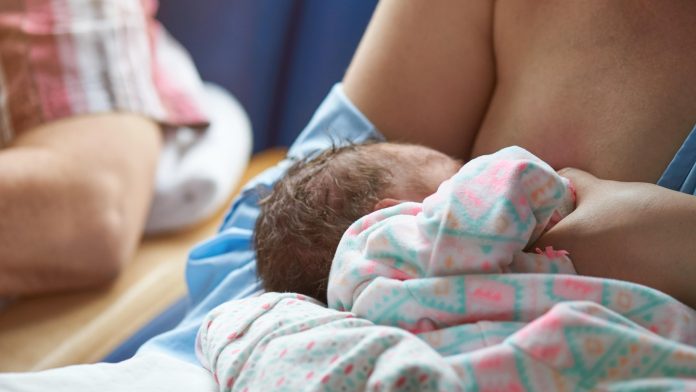Urgent Overhaul Needed: NHS Maternity Services Face Major Crisis!
The state of NHS maternity services has reached a critical juncture, with inspectors sounding the alarm on widespread deficiencies. A comprehensive audit conducted by the Care Quality Commission (CQC) has revealed that a staggering 48% of maternity units in England are either deemed "inadequate" or require significant improvement. This alarming statistic mirrors deep-rooted issues that could compromise the well-being of mothers and newborns alike. Let’s dive deeper into the findings and what urgent changes are necessary.
Persistent Problems in NHS Maternity Services
The CQC’s recent audit highlights a massive variation in the quality of care provided by mum-and-baby units across England. While some facilities excel, many fall dreadfully short, leading to notable common areas of concern. With 65% of the inspected units failing to meet "good" safety standards, many families are left vulnerable during one of life’s most critical experiences.
Worrying Statistics About Maternal Safety
Official data paints a disheartening picture: the number of women dying during pregnancy or shortly after childbirth is at a 20-year high. This sobering trend underscores the urgent need for improvements in maternity care. Drifting through the system, many clinics do not adequately report safety incidents or harness these experiences to bolster patient safety. Why is it that so often mums-to-be face extensive delays due to chronic short-staffing, or worse, feel that their concerns go unheard?
Communication Breakdown in Maternity Services
Effective communication is at the heart of quality maternity care, yet the CQC found that interaction with families does not meet the necessary standards. As families grapple with the whirlwind of emotions surrounding childbirth, the last thing they need is an additional barrier to receiving essential support. This communication gap must be addressed urgently to ensure families feel supported and informed throughout the maternity experience.
Health Officials Call for Immediate Action
Nicola Wise, Director of Hospitals at the CQC, expressed grave concerns about the continuation of key issues affecting the quality of maternity care. She stated, "Although we have seen examples of good care and hardworking staff doing their best, we remain concerned that key issues continue to impact quality and safety. Disappointingly, none of these issues are new." This calls for decisive action from health officials to halt an acceptance of standards that are intolerable in other healthcare sectors.
In response to the urgency of the situation, Health Secretary Wes Streeting acknowledged, "Maternity care is one of the biggest issues that keeps me awake at night worrying." His commitment to ensuring lessons learned nationally are applied consistently is a hopeful sign.
Maternity Scandals: More Than Isolated Cases
The issues spotlighted in the CQC’s report are not mere statistical anomalies. The scandals at East Kent hospitals and the Shrewsbury and Telford Trust remind us that pregnant families across the nation are let down consistently, not in isolated incidents. In Nottingham, ongoing reviews signal growing public outcry for accountability in maternity services.
Gill Walton, chief executive of the Royal College of Midwives, reflected on the emotional toll of this ongoing crisis: “As a midwife, reading this report makes me both incredibly sad for every woman and family that hasn’t received the level of care they should.” Her passionate plea indicates a collective urgency among health professionals for the Government to collaborate on real, tangible solutions.
The Decline of Maternity Care Over Time
The situation is now dire, with the CQC’s previous reports also indicating that maternity care has been declining for years. With alarming patient experience statistics, fewer women report receiving the needed assistance during and after childbirth compared to five years ago. Victoria Vallance from the CQC remarked, “These results show far too many women feel their care could have been better.” Indeed, this concerning decline signals an urgent need for enhancement in services.
Despite 80% of mothers reporting satisfaction with their care, a drop in patients feeling adequately supported hints at an unsettling inconsistency in quality. Reports of decreased assistance during labor and diminished mental health inquiries post-childbirth raise serious doubts about the effectiveness of existing maternity frameworks.
Conclusion: A Call to Action
As we examine the report’s findings, it’s clear that urgent action is required to transform NHS maternity services. From better staffing to enhanced communication and improved safety protocols, addressing these significant issues must be a national priority. The future wellbeing of mothers and babies hangs in the balance and it’s time for the NHS and the government to collaborate closely in building a maternity system we can be proud of. Together, we must ensure that every maternity service offers nothing less than exceptional care—because every mother and child deserve it.

